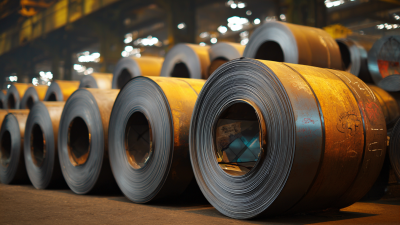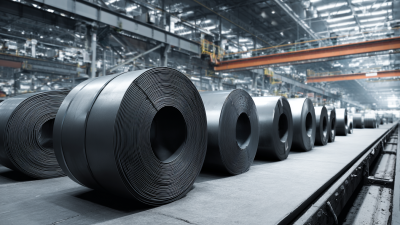In the ever-evolving landscape of modern manufacturing, the materials utilized play a critical role in determining efficiency, cost-effectiveness, and sustainability. Among these materials, Carbon Steel Coil stands out due to its exceptional properties and versatility. Industry reports indicate that the global carbon steel coil market is projected to reach a staggering USD 150 billion by 2025, reflecting a compound annual growth rate (CAGR) of 5.3% from 2020. This significant growth can be attributed to the material's unique combination of strength, durability, and ease of fabrication, making it ideal for a wide range of applications, from automotive components to construction materials. As manufacturers seek innovative solutions to meet the demands of modern production, understanding the unmatched benefits of Carbon Steel Coil becomes essential for leveraging its potential to enhance operational performance and drive competitive advantage.
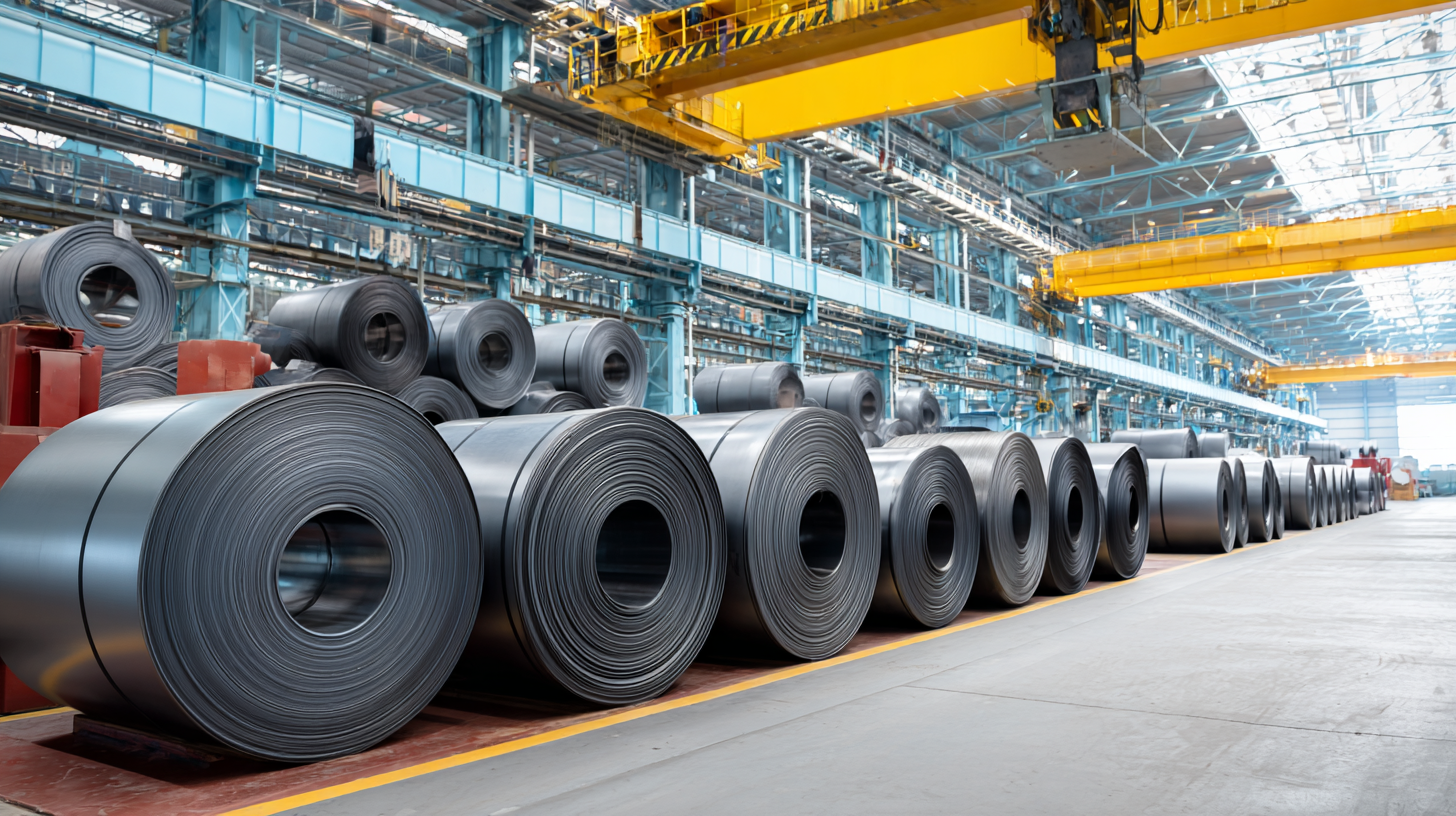
In modern manufacturing, the choice of materials significantly impacts product quality and operational efficiency. Carbon steel coil stands out as a preferred option due to its exceptional strength and durability. According to a report by the World Steel Association, carbon steel accounts for around 90% of all steel production globally, underscoring its importance in various applications. The intrinsic properties of carbon steel coils include a remarkable tensile strength that can reach up to 2000 MPa, making them ideal for heavy-duty applications in construction and automotive industries.
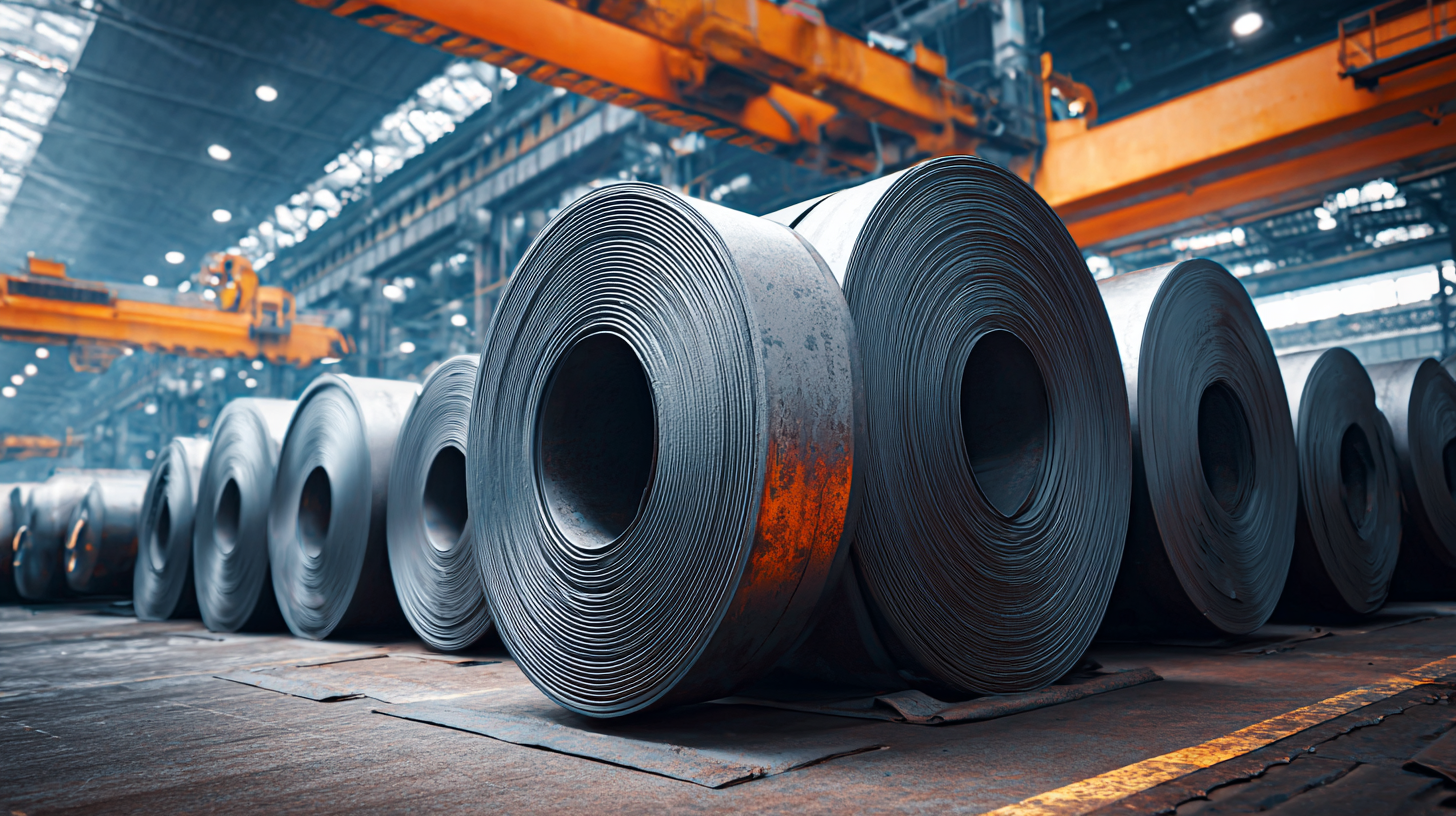
Moreover, the durability of carbon steel coils contributes significantly to long-term savings on maintenance and replacement. A study from the American Society of Mechanical Engineers (ASME) indicates that structures built with carbon steel can have a lifespan exceeding 50 years when properly maintained. This longevity not only reduces the frequency of replacements but also minimizes waste, aligning with sustainable manufacturing practices. As manufacturers continue to innovate, the versatility and reliability of carbon steel coils will likely play a crucial role in meeting the demands of today's market while driving cost efficiency and performance.
Carbon steel coil has gained significant traction in modern manufacturing due to its impressive cost-effectiveness compared to alternative materials. When it comes to production processes, carbon steel coil offers a budget-friendly option without compromising on strength or durability. Businesses looking to optimize their manufacturing costs should consider the long-term savings associated with using this material, as it provides substantial resistance to wear and tear, leading to lower maintenance costs over time.
Tip: When assessing materials for your projects, always conduct a thorough cost analysis that includes not just the initial purchase price but also the lifecycle costs, such as maintenance and replacement. This approach can reveal that carbon steel coil is not only an economical choice upfront but also a wise investment in terms of durability.
Another advantage of carbon steel coil is its versatility across various applications, ranging from automotive to construction. This adaptability can save manufacturers the hassle and expense of sourcing multiple materials for different parts, streamlining operations and reducing inventory costs.
Tip: Consider collaborating with suppliers who offer a range of carbon steel coil options tailored to diverse applications. This can help you find the right specifications for your needs while maximizing the benefits of bulk purchasing.
The use of carbon steel coil in modern manufacturing significantly enhances production efficiency and aids in waste reduction. According to a report by the Steel Manufacturers Association, the implementation of carbon steel coil technology can lead to a reduction in material waste by as much as 30%. This is primarily due to the coil's continuous production process, which allows for precise cutting and shaping, minimizing off-cuts and excess scrap that traditionally plague manufacturing.
Moreover, carbon steel coils are known for their versatility and adaptability across various industries, enabling manufacturers to streamline their operations. A study by the American Iron and Steel Institute found that using carbon steel can increase production speed by up to 25% compared to using alternative materials. This improved efficiency not only accelerates production timelines but also reduces the overall energy consumption during the manufacturing process. By adopting carbon steel coils, companies can achieve higher output rates while simultaneously committing to sustainable practices by lowering the waste generated throughout their production lifecycle.
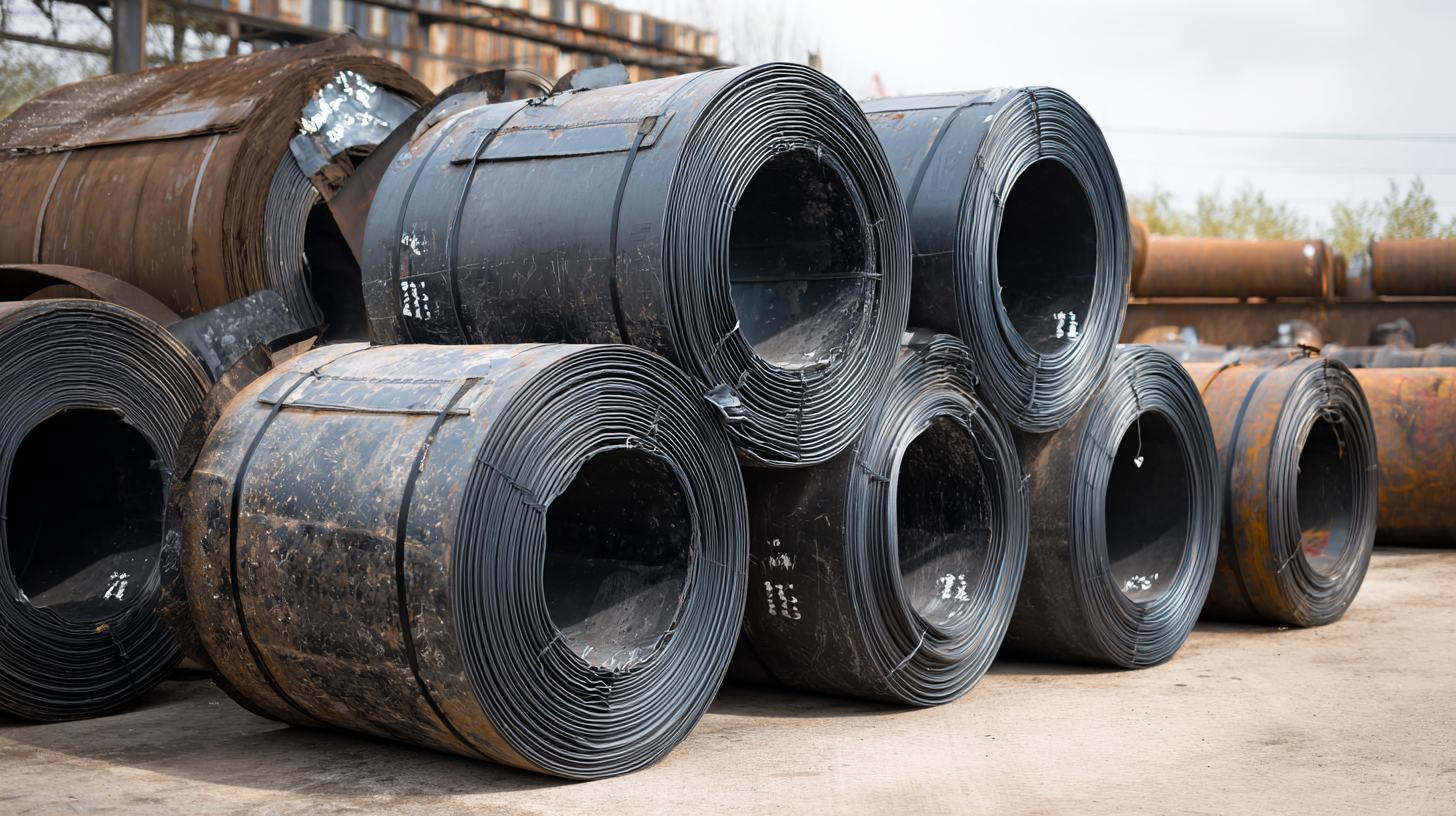
Carbon steel coil is increasingly recognized for its remarkable versatility across various industries and applications. Its unique properties, combining strength and flexibility, make it an ideal choice for manufacturers in sectors such as automotive, construction, and home appliances. In the automotive industry, carbon steel coils are used to produce essential components like frames and chassis, providing the necessary durability to withstand rigorous operational demands. This adaptability not only aids in efficient production but also supports the overall safety and performance of vehicles.
In the construction sector, carbon steel coils are integral to structural support and reinforcement. Their ability to be quickly shaped and welded allows builders to execute designs that require precise specifications without compromising on material integrity. Moreover, these coils are adept at resisting corrosion when treated properly, making them suitable for a range of architectural projects. Beyond construction, industries such as HVAC rely on carbon steel coils for plumbing and ductwork, highlighting how these materials meet diverse challenges across multiple fields. The extensive applicability of carbon steel coils is a testament to their essential role in modern manufacturing processes.
The focus on sustainability in modern manufacturing practices has led to a renewed interest in materials that demonstrate both eco-friendliness and efficiency. Carbon steel coil stands out as a prime example, providing manufacturers with a versatile option that aligns with environmentally conscious initiatives. Not only is carbon steel produced with a lower carbon footprint compared to other metals, but its production process can be highly efficient, using less energy and generating reduced waste.
Recyclability is another notable benefit of carbon steel coil. This material can be recycled multiple times without losing its properties, which significantly reduces the need for extracting virgin resources. As industries increasingly adopt the circular economy model, the ability to recycle carbon steel aids in minimizing environmental impact, from resource depletion to landfill waste. Therefore, incorporating carbon steel coil in manufacturing not only meets production demands but also contributes to sustainable development goals, fostering a responsible approach to resource management.
